Course Outline of ORE Part 1 for Students Taking Their Exams
In this Post we will share Course Outline for all those Students who are Preparing for ORE Part 1 Exam.
1: Biomedical Sciences and Oral Biology:
- Knowledge of anatomy, physiology and biochemistry relevant to dentistry ( will be present in both a and b papers)
- Knowledge and understanding of biomedical sciences and of oral physiology and craniofacial, oral and dental
anatomy in the management of patients (only in Paper a)
2: Human Disease:
- Knowledge of the scientific principles of sterilisation, disinfection and antisepsis ( will be present in both a and b papers)
- Knowledge of the pharmacological properties of drugs used in general dental practice and their unwanted effects ( will be present in both a and b papers)
- Knowledge of disease processes such as infection, inflammation, disorders of the immune system, degeneration, neoplasia, metabolic disturbances and genetic disorders (only in Paper a)
- Familiarity with the pathological features and dental relevance of common disorders of major organ systems (only in Paper a)
- Familiarity with role of therapeutics in the management of patients requiring dental treatment ( will be present in both a and b papers)
- Familiarity with general aspects of medicine and ( will be present in both a and b papers)
- Familiarity with main medical disorders that may impinge on dental treatment ( will be present in both a and b papers)
- Familiarity with the work of healthcare workers (only in Paper a)
3: Medical Emergencies:
- Competence in carrying out resuscitation techniques and management of cardiac arrest, anaphylactic reaction, upper respiratory obstruction, collapse, vasovagal attack, haemorrhage, inhalation or ingestion of foreign bodies, and diabetic coma ( will be present in both a and b papers)
- Knowledge of diagnosing medical emergencies and delivering suitable emergency drugs using, where appropriate, intravenous techniques ( will be present in both a and b papers)
4: Law, Ethics and Professionalism:
- Knowledge of responsibilities of consent, duty of care and confidentiality (only Paper b)
- Knowledge of the permitted duties of DCPs (only Paper b)
- Knowledge of the regulatory functions of the General Dental Council (only Paper b)
- Familiarity with the legal and ethical obligations of general dental practitioners ( will be present in both a and b papers)
- Familiarity with the need for lifelong learning and professional development (only Paper b)
5: Introduction to Clinical Dentistry:
- Competence in obtaining a detailed history of a patient’s dental state – pain history, pain scenarios (only Paper b)
- Competence in obtaining a relevant medical history (only Paper b)
- Competence in using laboratory and imaging facilities appropriately and efficiently (only Paper b)
- Competence in clinical examination and treatment planning (only Paper b)
- Competence in arranging appropriate referrals (only Paper b)
- Competence in maintaining an aseptic technique during surgical procedures (only Paper b)
- Competence in obtaining informed consent – competence, when written consent required (only Paper b)
- Knowledge in managing patients from different social and ethnic backgrounds (only Paper b)
- Knowledge of dental problems that may manifest themselves in older patients and of the principles involved in the management of such problems (only Paper b)
- Knowledge of working as part of a dental team (only Paper b)
- Familiarity with the complex interactions between oral health, nutrition, general health, drugs and diseases that can have an impact on dental care and disease (only Paper b)
6: Restorative Dentistry:
- Competence in diagnosing and planning preventive, non-operative care for the individual patient with caries,
periodontal disease or tooth wear (only Paper b) - Competence in completing a periodontal examination and charting, diagnosis and treatment plan (only Paper b)
- Competence in supragingival and subgingival scaling and root debridement, using both powered and manual, and in stain removal and prophylaxis (only Paper b)
- Competence in completing a range of procedures in restorative dentistry including amalgam and tooth-coloured restorations, endodontic treatments of single- and multi-rooted teeth, anterior and posterior crowns, post crowns, simple bridges, and partial and complete dentures (only Paper b)
- Knowledge of when periodontal surgery may be advised (only Paper b)
- Knowledge of how missing teeth should be replaced, choosing between the alternatives of no replacement, bridges, dentures or implants (only Paper b)
- Knowledge of the design and laboratory procedures used in the production of crowns, bridges, partial and complete dentures and ability to make appropriate chair-side adjustment to these restorations (only Paper b)
- Familiarity with the diagnosis and management of temporomandibular joint disorders (only Paper b)
- Familiarity with dental implants as an option in replacing missing teeth (only Paper b)
7: Dental Biomaterials Science:
- Knowledge of the science that underpins the use of dental biomaterials ( will be present in both a and b papers)
- Knowledge of the (strengths and) limitations of dental materials ( will be present in both a and b papers)
- Familiarity with those aspects of biomaterial safety that relate to dentistry ( will be present in both a and b papers)
8: Paediatric Dentistry:
- Competence in diagnosing active caries and planning appropriate non-operative care in children (only Paper b)
- Competence in fissure sealing, preventive resin restorations, and pit and fissure restorations (only Paper b)
- Competence in undertaking approximal and incisal tip restorations (only Paper b)
- Knowledge of the preformed stainless steel crown and pulp therapy in primary molar teeth (only Paper b)
- Knowledge of the role of sedation in the management of young patients (only Paper b)
- Knowledge of the management of trauma in both dentitions (only Paper b)
9: Orthodontics:
- Competence in carrying out an orthodontic assessment including an indication of treatment need (only Paper b)
10: Preventive Dentistry:
- Competence in oral hygiene instruction, dietary analysis, topical fluoride therapy and fissure sealing (only Paper b)
- Familiarity with (Practise) an evidence-based approach to treatment ( will be present in both a and b papers)
11: Dental Public Health:
- Familiarity with the prevalence of certain dental conditions in the UK ( will be present in both a and b papers)
- Familiarity with the importance of community-based preventive measures (only Paper b)
- Familiarity with the social, cultural and environmental factors which contribute to health or illness (only Paper b)
- Familiarity with the principles of recording oral conditions and evaluating data (only Paper b)
12: Oral Surgery:
- Competence in undertaking the extraction of teeth and the removal of roots where necessary (only Paper a)
- Competence in undertaking minor soft tissue surgery ( will be present in both a and b papers)
- Knowledge of the management of acute infection ( will be present in both a and b papers)
- Familiarity with the principles of assessment and management of maxillofacial trauma (only Paper a)
- Familiarity with the diagnosis of oral cancer and the principles of tumour management ( will be present in both a and b papers)
- Familiarity with the principles of treatment of dento-facial anomalies including the common orthodontic/maxillofacial procedures involved ( will be present in both a and b papers)
- Familiarity with the basic principles of oral surgery practice ( will be present in both a and b papers)
13: Oral Medicine:
- Knowledge of the drugs commonly used in oral medicine and their side effects and interactions ( will be present in both a and b papers)
- Knowledge of appropriate special investigations and the interpretation of their results ( will be present in both a and b papers)
- Familiarity with the pathogenesis of common oral medical disorders and their treatment ( will be present in both a and b papers)
14: Oral Pathology and Oral Microbiology:
- Knowledge of the role of laboratory investigations in diagnosis ( will be present in both a and b papers)
- Knowledge of (competence in) matters relating to infection control (only Paper b)
- Knowledge of the causes and effects of oral diseases needed for their prevention, diagnosis and management (only Paper b)
15: Dental Radiology and Imaging:
- Competence in taking and processing the various film views used in general dental practice ( will be present in both a and b papers)
- Competence in radiographic interpretation and ability to write an accurate radiographic report ( will be present in both a and b papers)
- Knowledge of the hazards of ionising radiation and regulations relating to them, including radiation protection and dose regulation ( will be present in both a and b papers)
- Familiarity with the principles that underlie dental radiographic techniques (only Paper b)
16: Pain and Anxiety Control:
- Competence in infiltration and regional block analgesia in the oral cavity
- Competence and knowledge of when, how and where to refer a patient for general anaesthesia
- Competence in managing fear and anxiety with behavioural techniques and empathising with patients in stressful situations
- Knowledge of inhalational and intravenous sedation techniques
- Knowledge of conscious sedation techniques in clinical practice
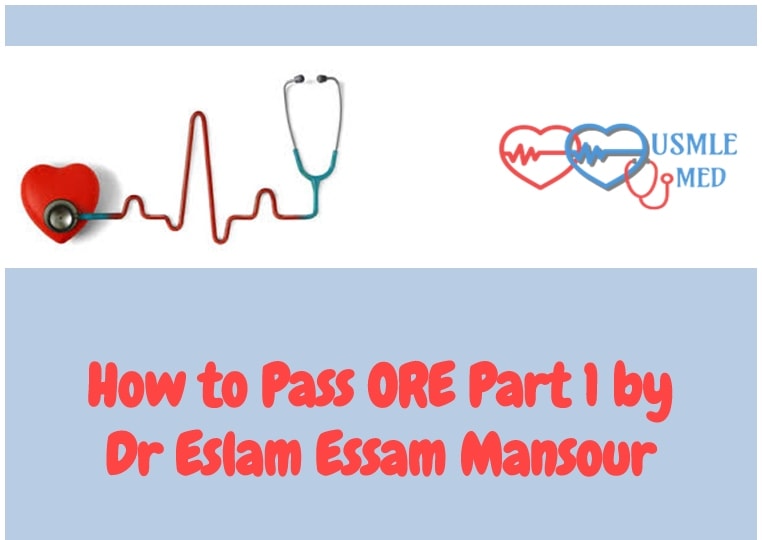

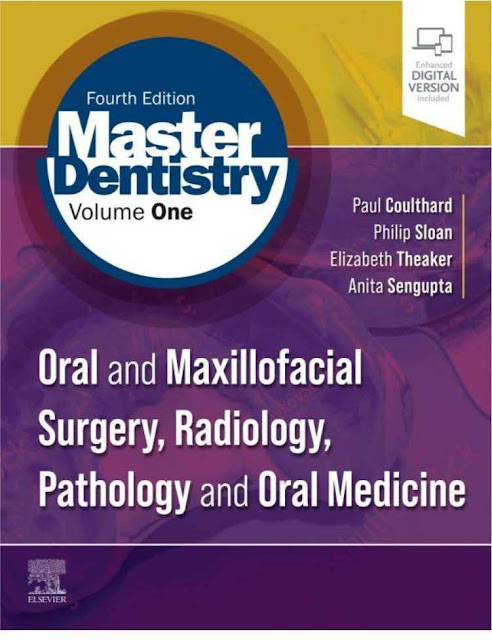
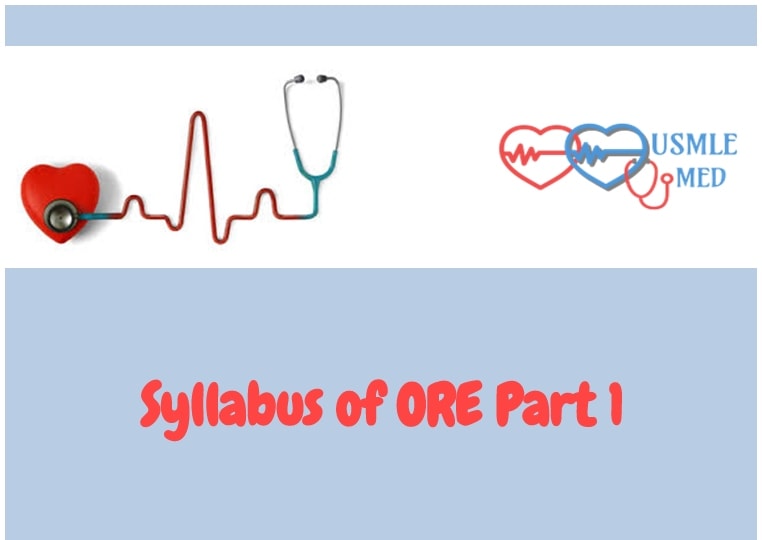
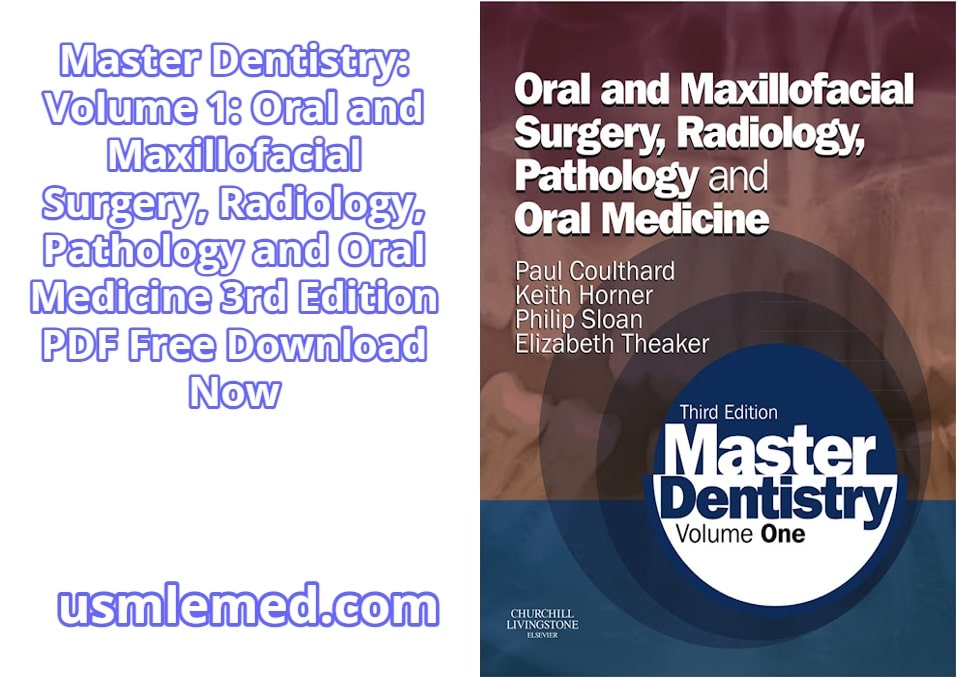
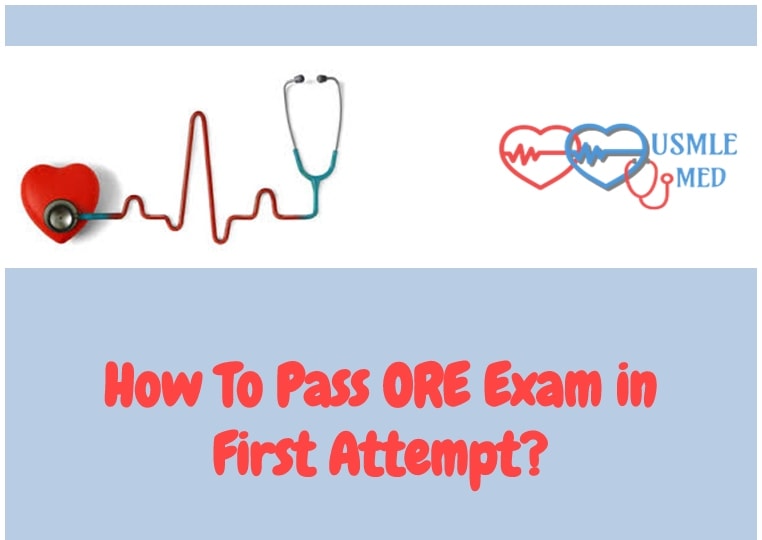
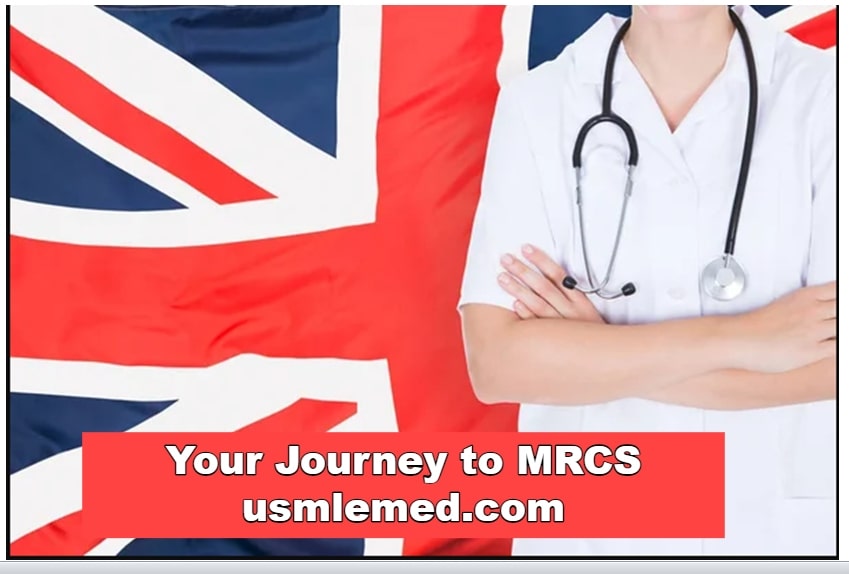
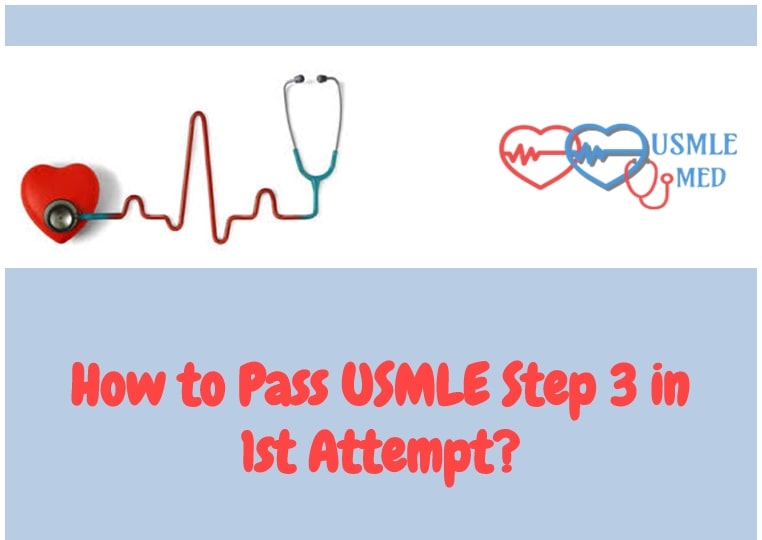
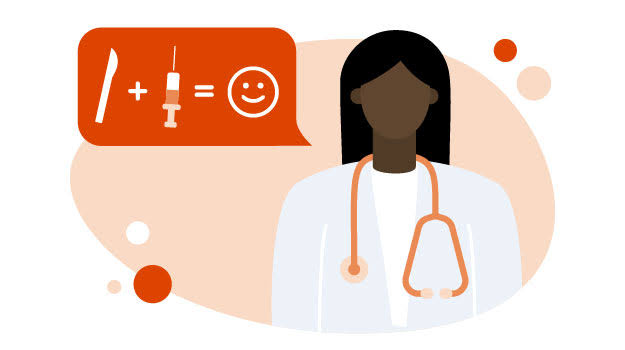
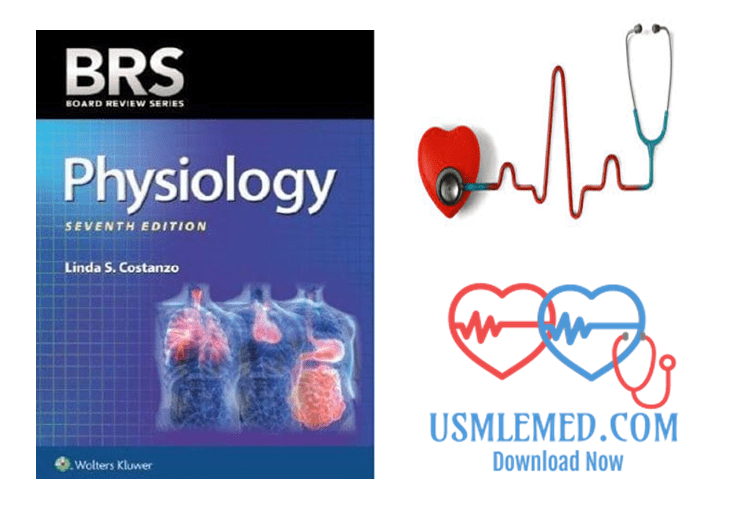
![Books to cover Anatomy for USMLE Step 1 Exam (8 Books that you Need) Cover Kaplan Lecture Notes for USMLE [16 Easy Points]](https://usmlemed.com/wp-content/uploads/2023/09/How-to-Cover-Kaplan-Lecture-Notes-for-USMLE-16-Easy-Points.jpg)
